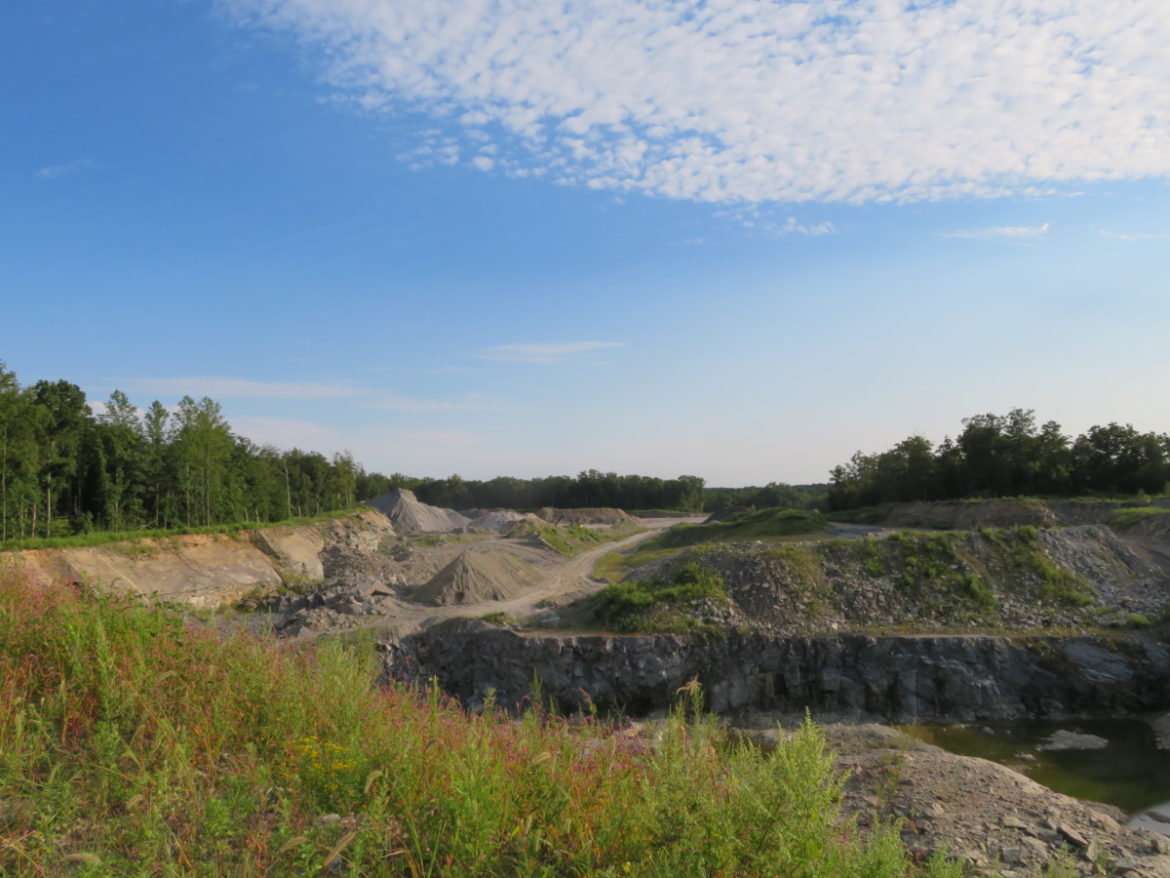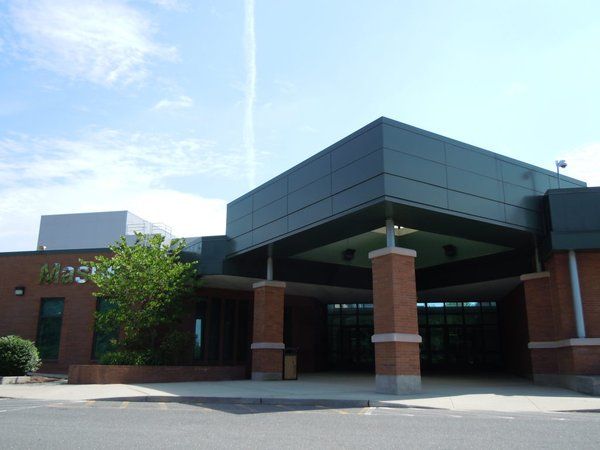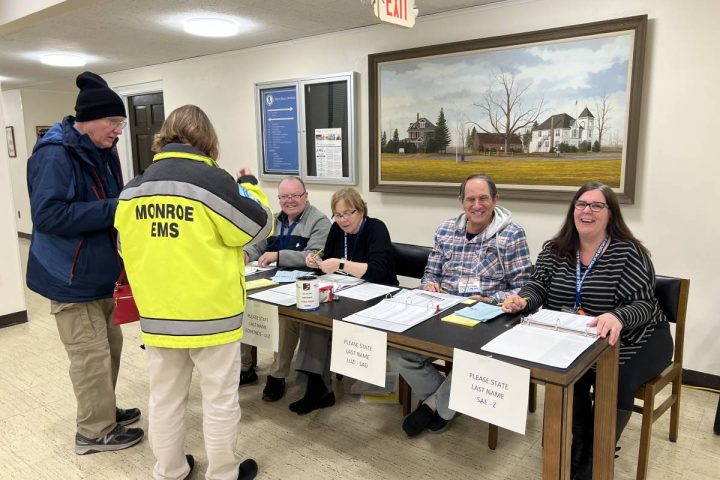MONROE, CT — Inland Wetlands Commission members unanimously voted to deny a proposal to restore wetlands, fill in a massive hole left from an illegal quarrying operation and construct a small office building in the Pepper Street Business Park.
Commissioners finalized and voted on a resolution to deny the application without prejudice, meaning the developer can come back with a new proposal, during a special meeting held virtually on Tuesday.
With the wetlands denial imminent, the applicants, Astro Land Holdings LLC and Spacely Land Holdings LLC, withdrew another application for the same site that was before the Planning and Zoning Commission on Jan. 21.
The proposals were for a 72-plus acre industrial property, which includes two adjacent parcels at 64 Cambridge and 4 Independence drives.
Solli Engineering, a Monroe firm, and a team of experts presented the application to the Inland Wetlands Commission. It was submitted on May 27, 2020, starting a hearing that was continued over several nights with hours of testimony and numerous reports.
A review of the application was performed by the Southwest Conservation District and the commission hired its own consultant, Russell Dirienzo, a licensed environmental professional, who is the principal geologist and associate vice president of Arcadis, a Sandy Hook firm.
Testimony and reports were also provided by experts hired by Peter Metropoulos, who owns over 100 acres on Timothy Hill Road next door to the site. He filed for intervenor status allowing him to be a participant in the proceedings.
While the commission found insufficient evidence that past and proposed activities on the site would unreasonably pollute and impair air and water quality, other findings expressed doubts over the wetlands remediation plan.
Among its findings, the commission found reports and testimony from Dirienzo and George T. Logan, a soil scientist for the intervenor, to be credible in their professional opinions that there is a low probability of the applicants’ wetlands remediation plan being successful.
Commissioners also expressed a belief that the application should have been divided into two separate submissions, one for remediation and one to construct the 2,260-square-foot office building on Cambridge Drive due to different timelines and requirements.
After noting the remediation plan was in response to a violation, the commission found, “remediation work should be the applicants’ focus prior to site development.”
Commissioners found the application was not complete, lacking details and leaving too many unanswered questions, especially on the piping and pumping of water from the well to hydrate wetland and vernal pool number two.
The pipe would meander through the property, above ground in some places and buried in others. In a discussion before the vote, commissioners expressed concern over the pipe being compromised during construction on the site.
In their decision, commissioners found the location of the pipe on the site was not clearly shown. The commission said the pipe was not shown in any site plan until Dec. 4 and not presented in a meeting until Dec. 9.
Several times reports were not submitted five days before a hearing as regulations call for, commissioners said in the resolution, adding sometimes it was a day before a hearing, not leaving sufficient time for review.
At times during the hearing, experts for the applicant complained that they were constantly asked for new information with little turnover time.
The resolution went on to note two experts’ opinions that the plan to restore wetlands and hydrology for vernal two only has a 30-50 percent chance of succeeding. And that there was insufficient detail on the pipe installation and on how long it would be in use.
Commissioners expressed concern over a liner, which they found could be compromised with future development, resulting in a loss of the positive benefit to the wetlands.
The commission was also uncomfortable with the rehydration plan and the abundant amount of fill required. Commissioners also expressed a belief that it would take too long before positive results were evident.
The applicants estimated that 980,000 cubic yards of material would be needed to fill the massive hole left by the quarrying operation, brought in by an estimated 75,575 truck trips over a 10 year period.
“The commission believes prudent and feasible alternatives may exist for the remediation plan,” the resolution says.
Among the alternatives cited was the intervenor’s conceptual plan showing remediation could be completed in three years, with less fill required.
Other alternatives in the commission’s decision were:
- Filling the hole to the elevation previously approved in the original application for Pepper Street Business Park
- A plan requiring less fill that does not completely restore wetlands two;
- The creation of other onsite wetlands to counteract the loss of wetlands number 2;
- hydrate the wetlands by pumping of a bedrock well as opposed to filling a quarry;
- A mitigation plan for 64 Cambridge Drive that takes far less time to complete with a significant chance of success;
- For the developer to provide funding to a conservation group to perform mitigation in another area.
The commission found the use of clean process fill and rock cutting on the site should fill the quarry within five years and there should be an alternative mitigation alternative if it is not successful.
The developer had offered a conservation easement to the town as part of the application, but the commission found details were insufficient — and that was something that should have been finalized before a decision was made on the application.






